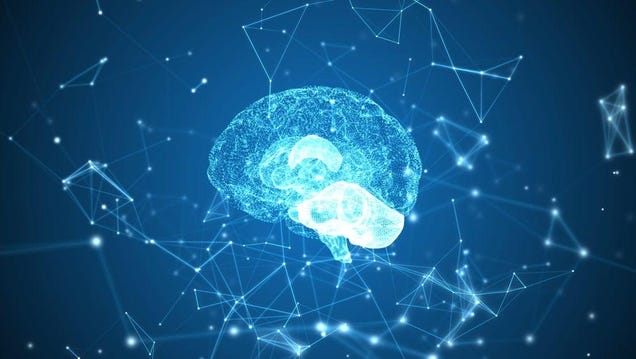The UN is advising against neurotechnology using unregulated AI chip implantations, saying it poses a grave risk to people’s mental privacy. Unregulated neurotechnology could pose harmful long-term risks, the UN says, such as shaping the way a young person thinks or accessing private thoughts and emotions.
It specified its concerns centered around “unregulated neurotechnology,” and did not mention Neuralink, which received FDA approval in May to conduct microchip brain implant trials on humans.
Elon Musk, who co-founded Neuralink, has made big claims, saying the chips will cure people of lifelong health issues, allowing the blind to see and the paralyzed to walk again. But the implications of people using unregulated forms of this technology could have disastrous consequences by accessing the thoughts of those who use it, the UN said in a press release.
“Neurotechnology could help solve many health issues, but it could also access and manipulate people’s brains, and produce information about our identities, and our emotions,” UNESCO Director-General Audrey Azoulay said in the release. “It could threaten our rights to human dignity, freedom of thought, and privacy. There is an urgent need to establish a common ethical framework at the international level, as UNESCO has done for artificial intelligence.”
The UN’s Agency for Science and Culture is developing a global “ethical framework” focused on how neurotechnology affects human rights as it quickly advances in the public sector.
The primary concern is neurotechnology will capture the reactions and basic emotions of individuals, something that would be very tempting for data-hungry corporations. The problem gets more complex when “neural data is generated unconsciously,” meaning the individual has not given their consent for that information to be gathered. “If sensitive data is extracted, and then falls into the wrong hands, the individual may suffer harmful consequences,” UNESCO said in its release.
If the brain chips are implanted in children while they are still neurologically developing, it could disrupt the way their brain matures, making it possible to transform their minds and shape their future identity permanently.
According to UNESCO, one in eight people live with a mental or neurological disorder worldwide, and the World Health Organization (WHO) says it affects up to one billion people globally. Neurological disorders include epilepsy, Alzheimer’s disease, stroke, brain infections, multiple sclerosis, and Parkinson’s Disease.
UNESCO said in a separate press release that using Neurotechnology to relay information to computers, could expose those with the implant to manipulation and reduce their privacy. It said: “Without ethical guardrails, these technologies can pose serious risks, as brain information can be accessed and manipulated, threatening fundamental rights and fundamental freedoms, which are central to the notion of human identity, freedom of thought, privacy, and memory.”
UNESCO did not immediately respond to Gizmodo’s request for comment.
